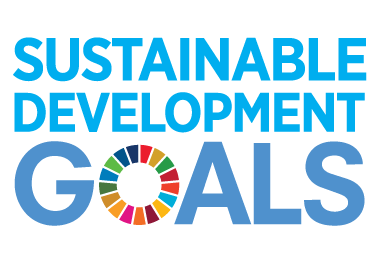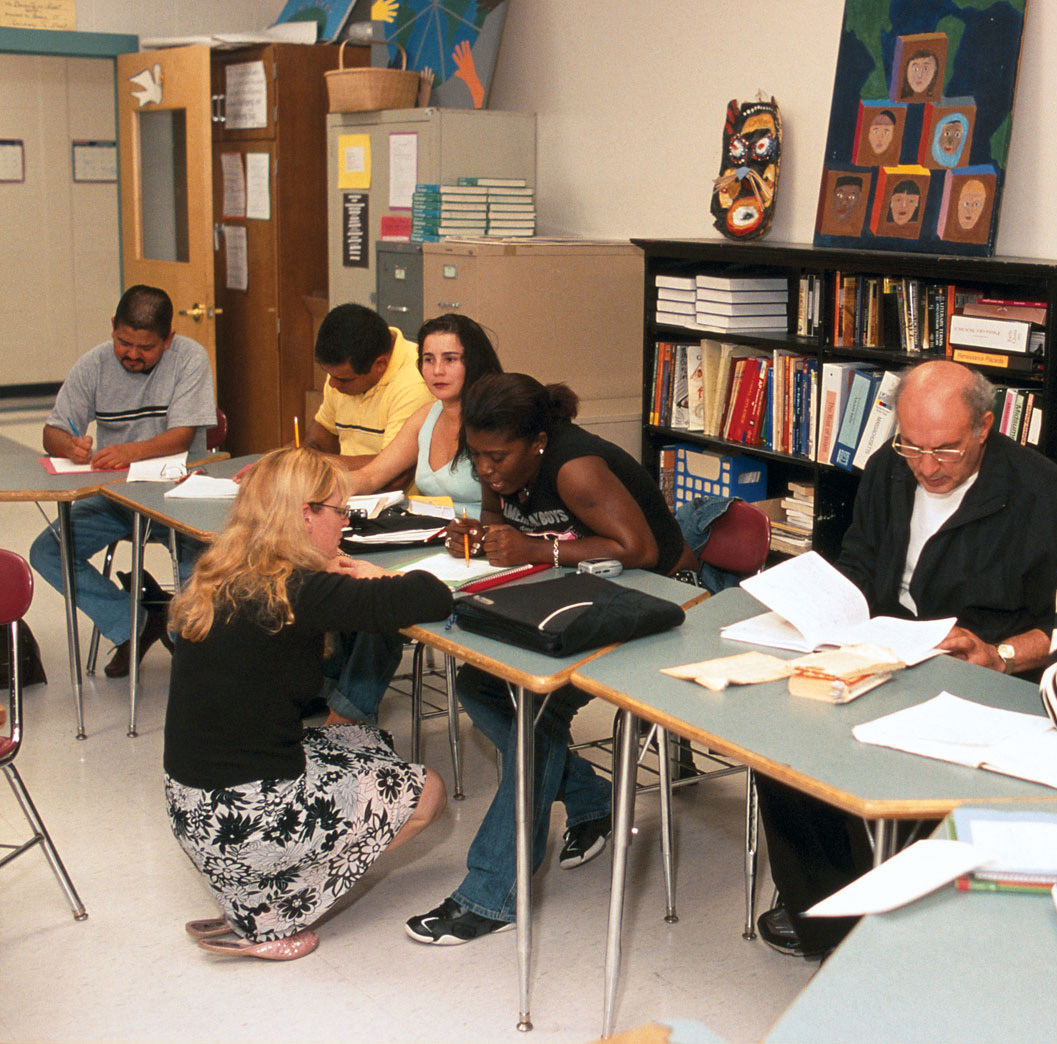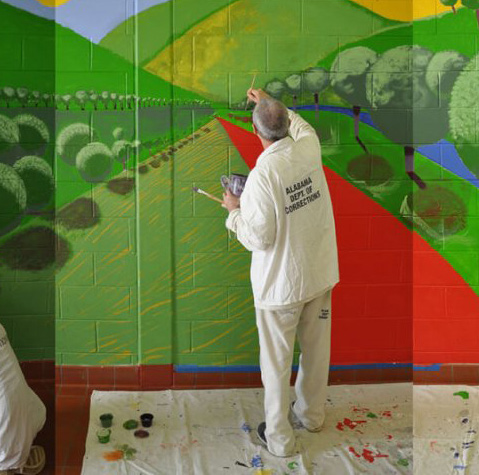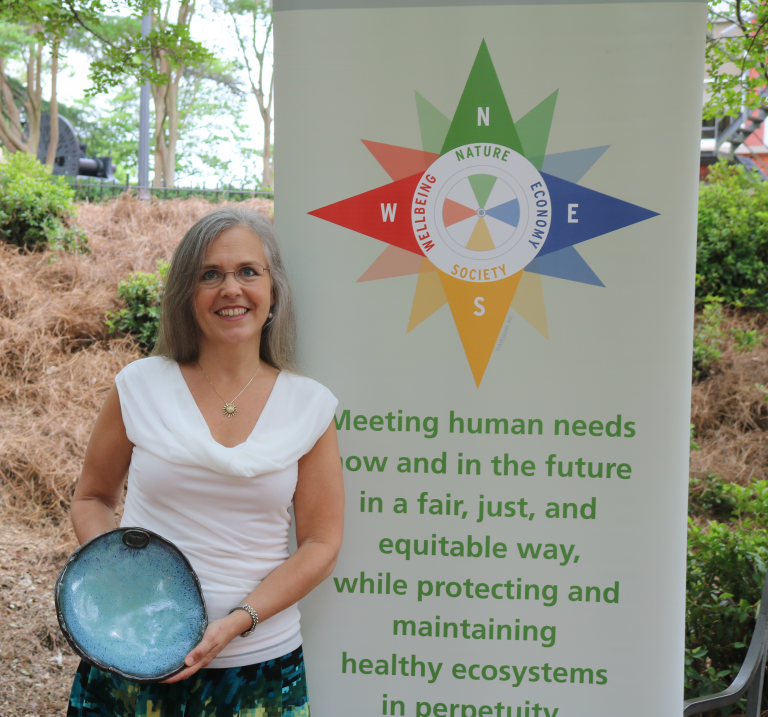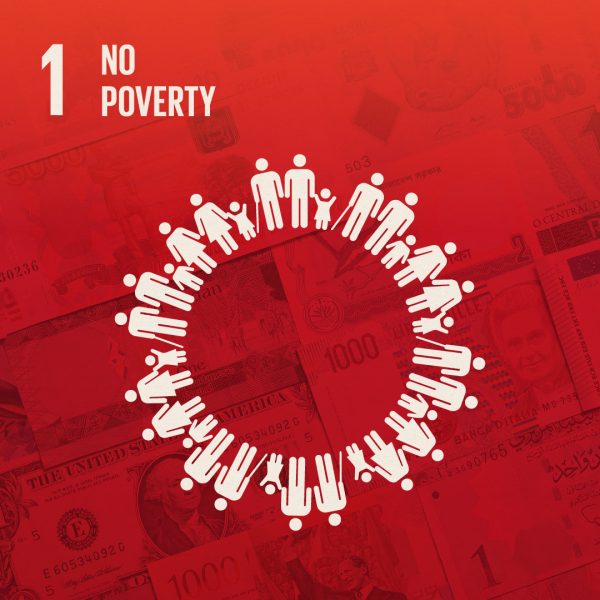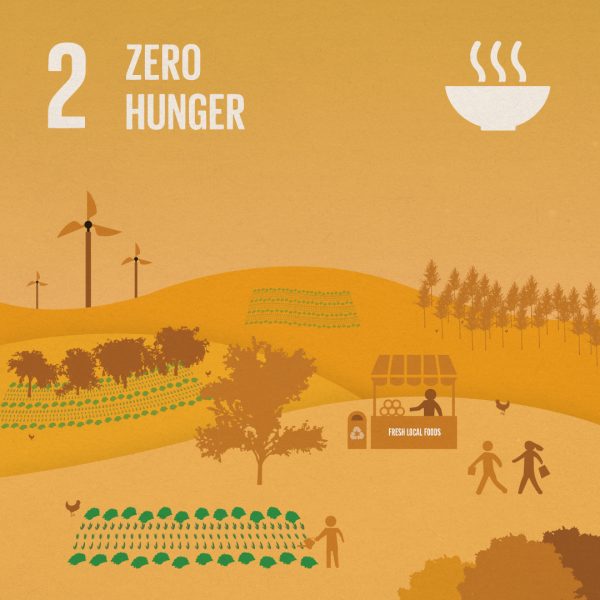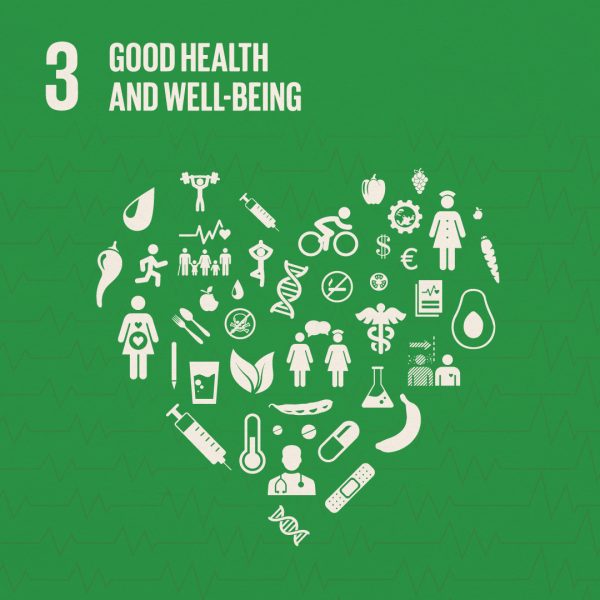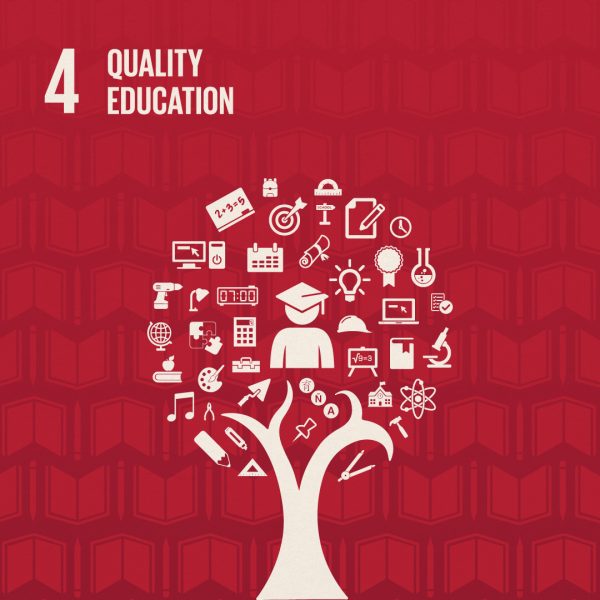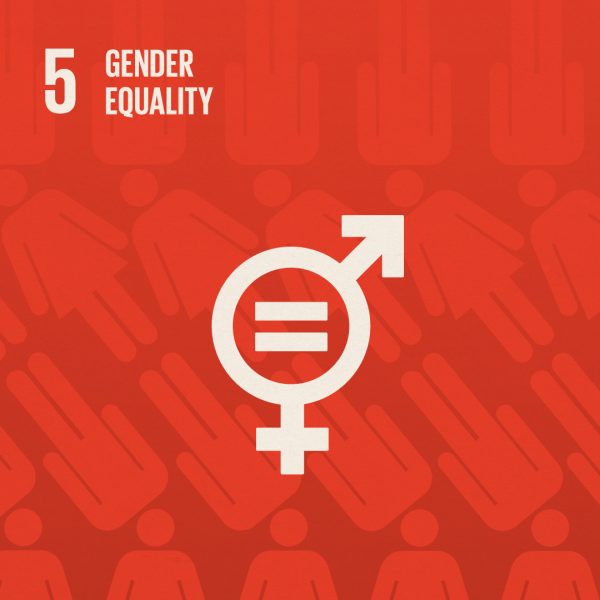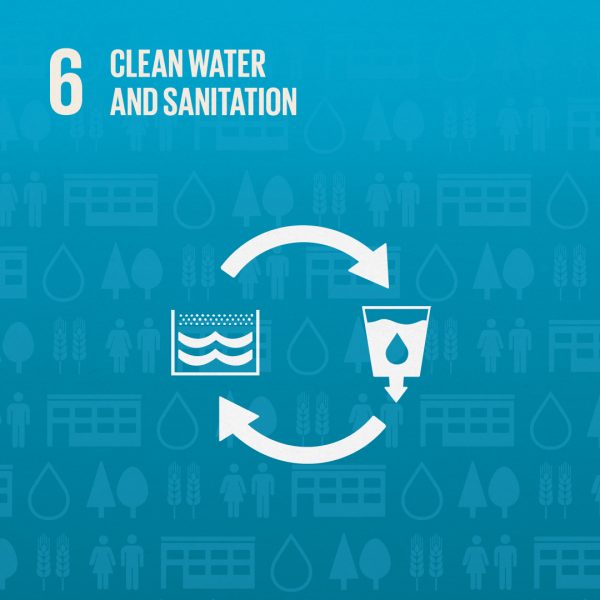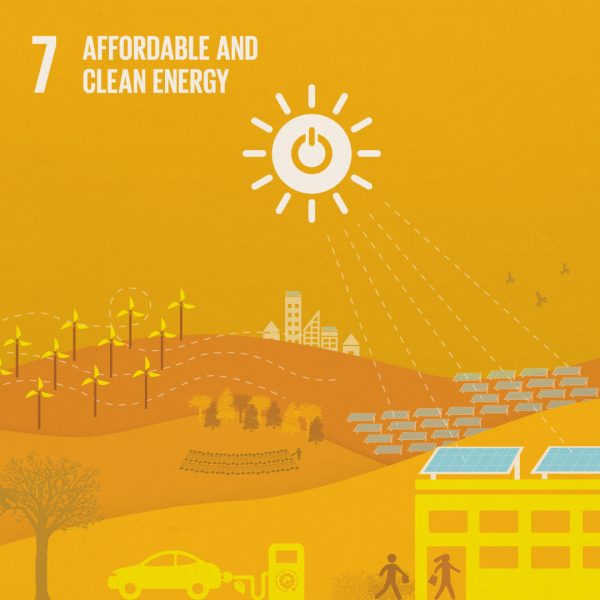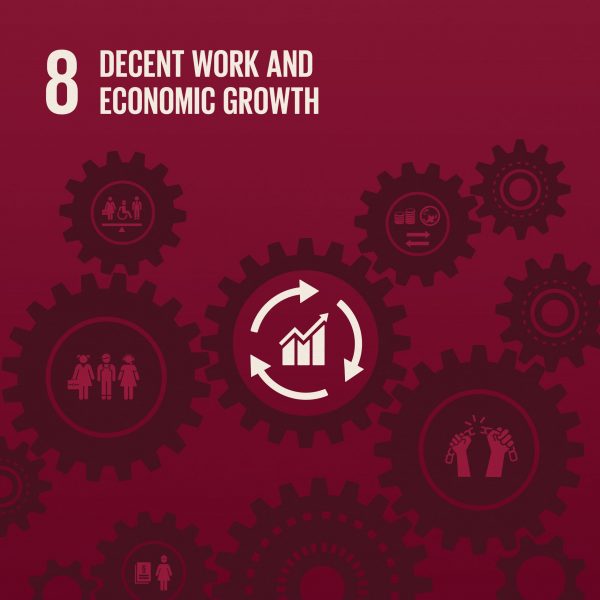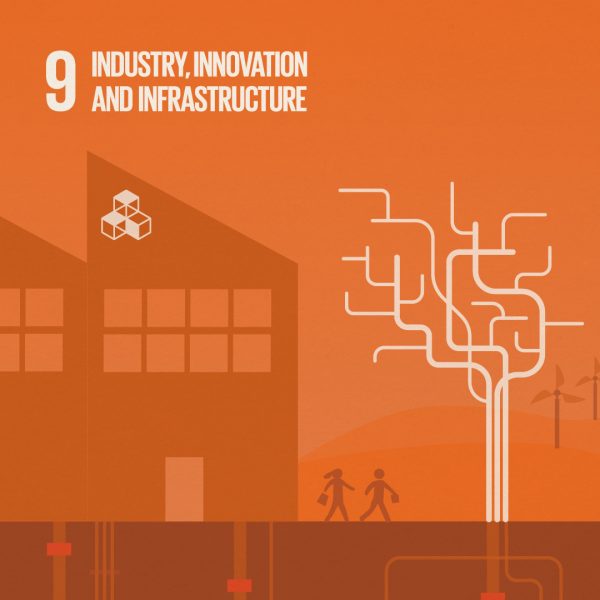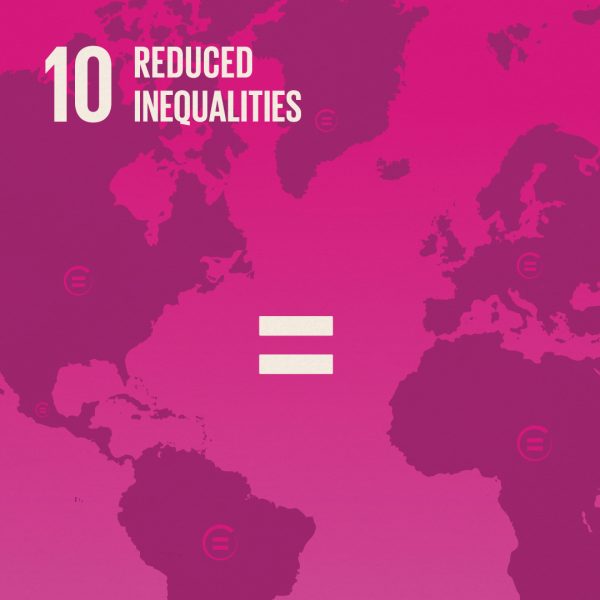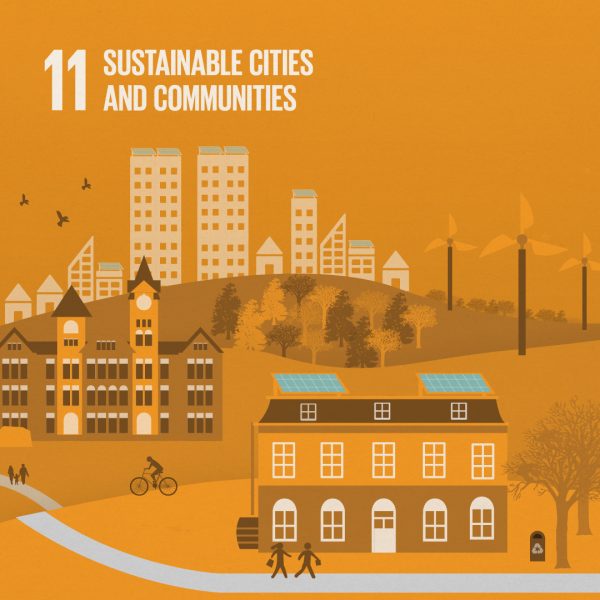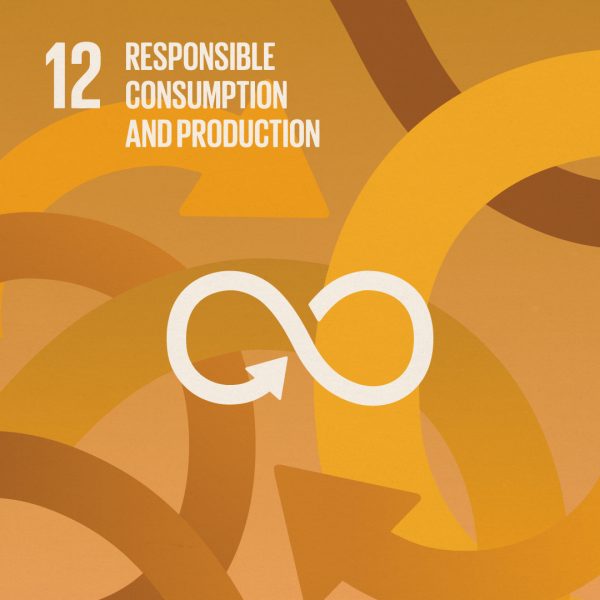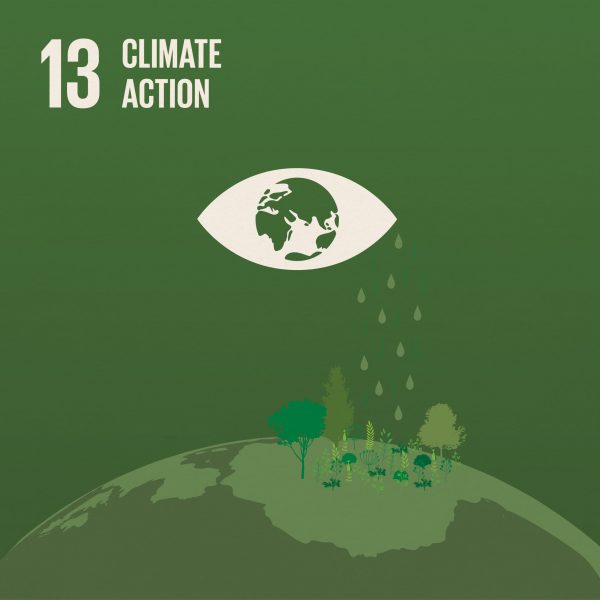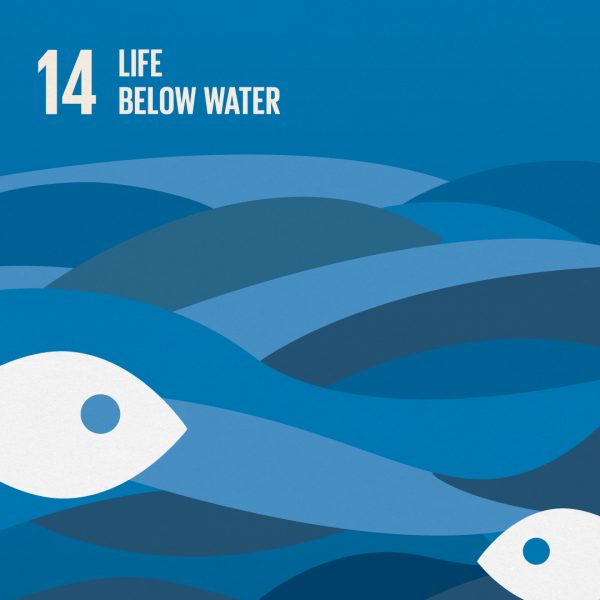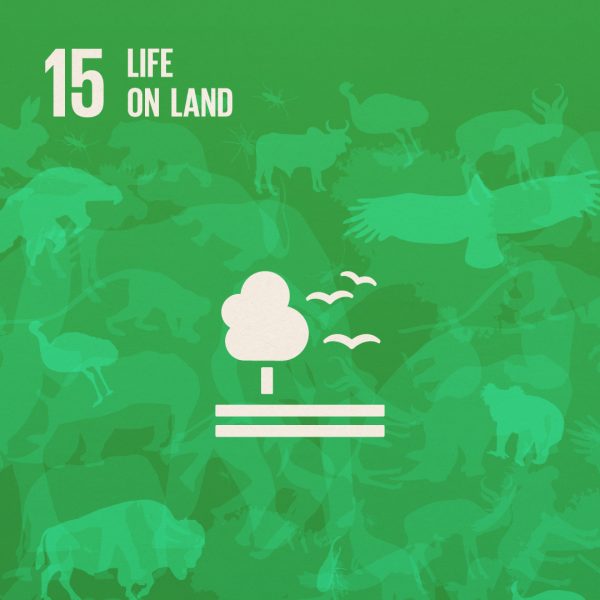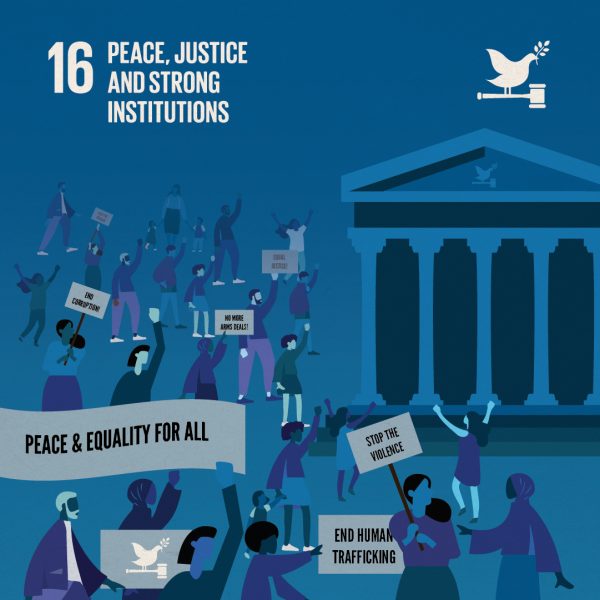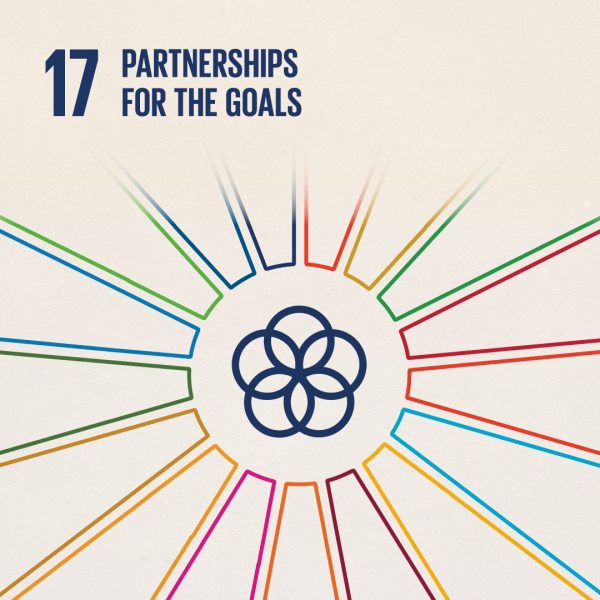On Wednesday, August 27, 2025, the Auburn University Office of Sustainability and co-sponsors Tiger Dining, the Davis Arboretum, the Waste Reduction and Recycling Department, Academic Sustainability Programs, the College of Forestry, Wildlife and Environment, and the Master of Community Planning, hosted Auburn’s annual Sustainability Picnic. With over 400 attendees, this…
By Johanna Kunz My introduction to sustainability began in ninth grade, with a school project that challenged us to research an issue we cared deeply about and educate others to inspire positive change. I chose to explore fast fashion—something I had heard of but never truly understood. Like many people,…
“The organizations that truly lead…will be those who convert sustainability challenges into compelling strategic opportunities.” ~ Peter Senge Mike and Aubie at the Sustainability Picnic. For years, I had a habit of checking sustainability job boards even when I was not seeking a new position. I recall seeing in the…
By KA Davis, Social Media Specialist What is sustainability? When I was 10, my mom started locking the garage door. I had the habit of sneaking out to the recycling bin and start digging. To me, none of it was trash. The milk jugs were fairy houses, and the cardboard…
By Emily Moore, Outreach Coordinator In February, the College of Architecture, Design, and Construction’s rain garden went from drab to fab. Although the Office of Sustainability typically hosts an annual tree-planting event at an off-campus natural area, we have always wanted to implement a similar project on Auburn’s campus. Hence,…

